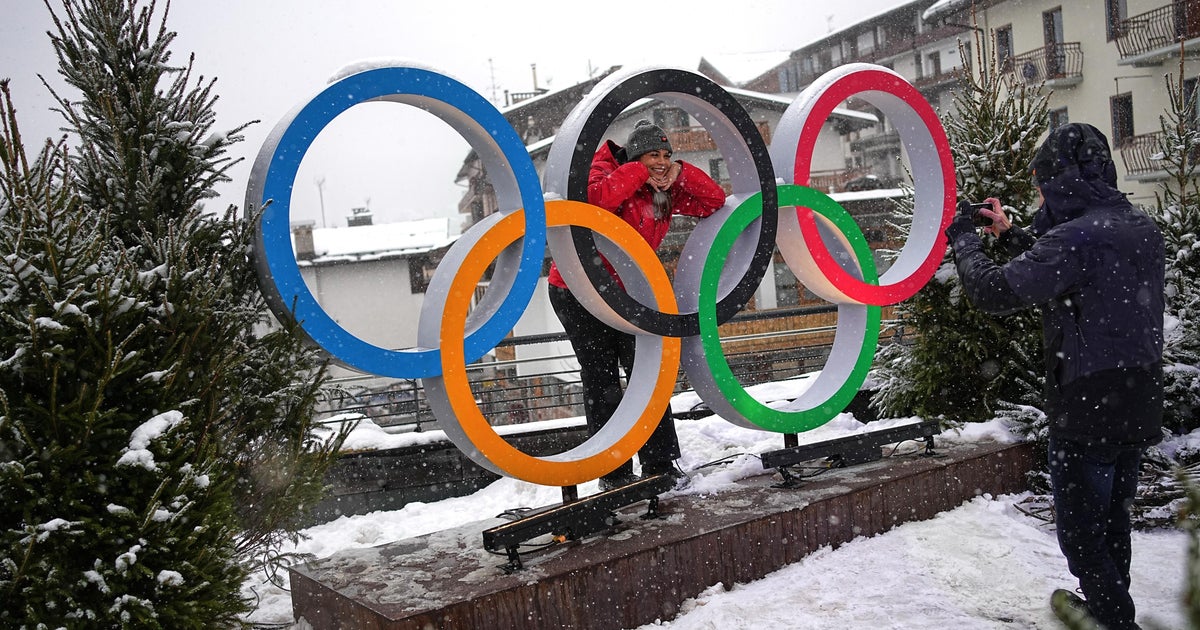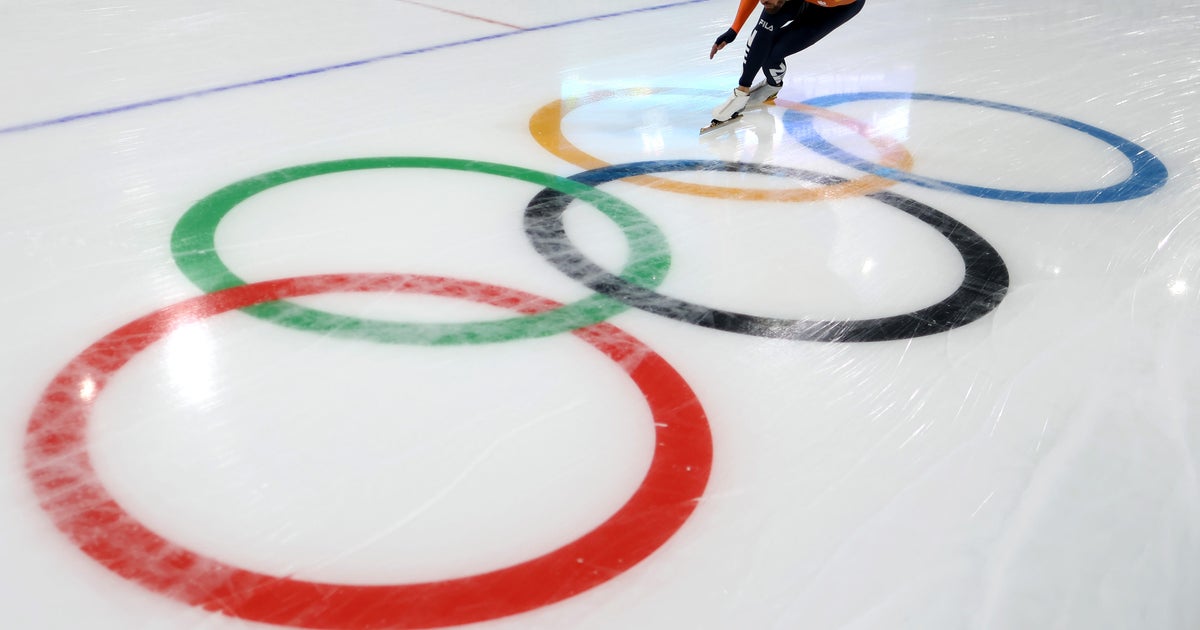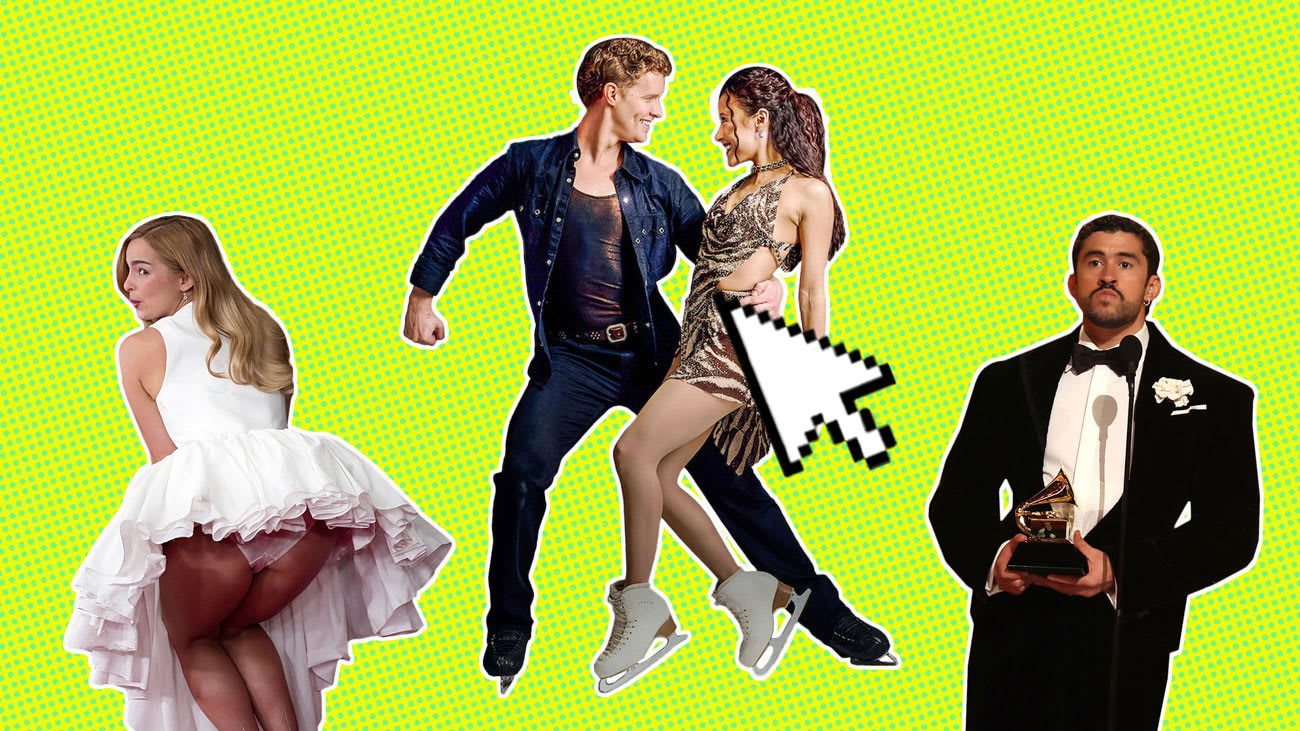Dozens of athletes in isolation after testing positive for COVID-19 at Winter Olympics
Less than a week since the 2022 Winter Olympics began, officials announced on Monday that 32 athletes in Beijing are in isolation after testing positive for COVID-19.
Brian McCloskey, chairman of the medical expert panel for the Beijing Games, said Monday that 50 other athletes have been discharged from isolation.
"The number of cases inside the closed loop is going down and the number of cases at the airport is zero at the moment," McCloskey said.
The closed loop, also known as "the bubble," is an area of the Olympics that helps separate athletes from the general public, with buses to and from athletic venues, hotels and workspaces. On Monday alone, more than 70,500 PCR tests were conducted in the closed loop, with five athletes and team officials testing positive, according to organizers.
Since they started testing on January 23, there have been 159 confirmed positive cases among athletes and team officials.
"We are seeing it devolve as we expected it to do, and we now still believe that the situation inside the closed loop is extremely safe," McCloskey said. "There is no sign of spread of infection and certainly no sign of infection spreading outside the closed loop."
The average stay in isolation, officials said, is fewer than 7 days, with people who have had previous infections being allowed out of isolation earlier, at about 4 days. McCloskey said that the number of people leaving isolation is greater than the number of people entering it, meaning that they are "moving in the right direction."
"That doesn't mean we can relax, because we never relax about coronavirus," he added, "but we can say we are comfortable with where we are and we hope it continues, and we expect it to continue."
Even with the promising outlook, the officials' strategy for handling COVID cases at the Olympics has been met with controversy after some athletes posted concerning details about what isolation looks like.
Russian biathlon competitor Valeria Vasnetsova had posted on her Instagram story a photo of the food that she claimed was "breakfast, lunch and dinner for five days already," according to the Associated Press. Her profile is private, but screenshots of her post show a tray of plain pasta, sauce, meat, potatoes and what appears to be no vegetables.
"My stomach hurts, I'm very pale and I have huge black circles around my eyes. I want all this to end. I cry every day. I'm very tired," she wrote in the post, according to the AP. She also said that she is "very hungry" and her "bones are already sticking out."
After outcry over the conditions, a spokesperson for Vasnetsova told the AP she received better food and is getting a stationary bike.
For some athletes, isolation has also sidelined them from being able to go for the gold.
U.S. figure skater and Olympic silver medalist Vincent Zhou announced that he had to withdraw from the remainder of his scheduled events after he contracted COVID.
"I've taken all the precautions I can. I've isolated myself so much that the loneliness I've felt in the last month or two has been crushing at times," the 21-year-old said in a video posted to his Instagram. "The enormity of the situation, the pain of it all is pretty insane. But I do recognize that this absolutely does not define me as an athlete, as a person."



